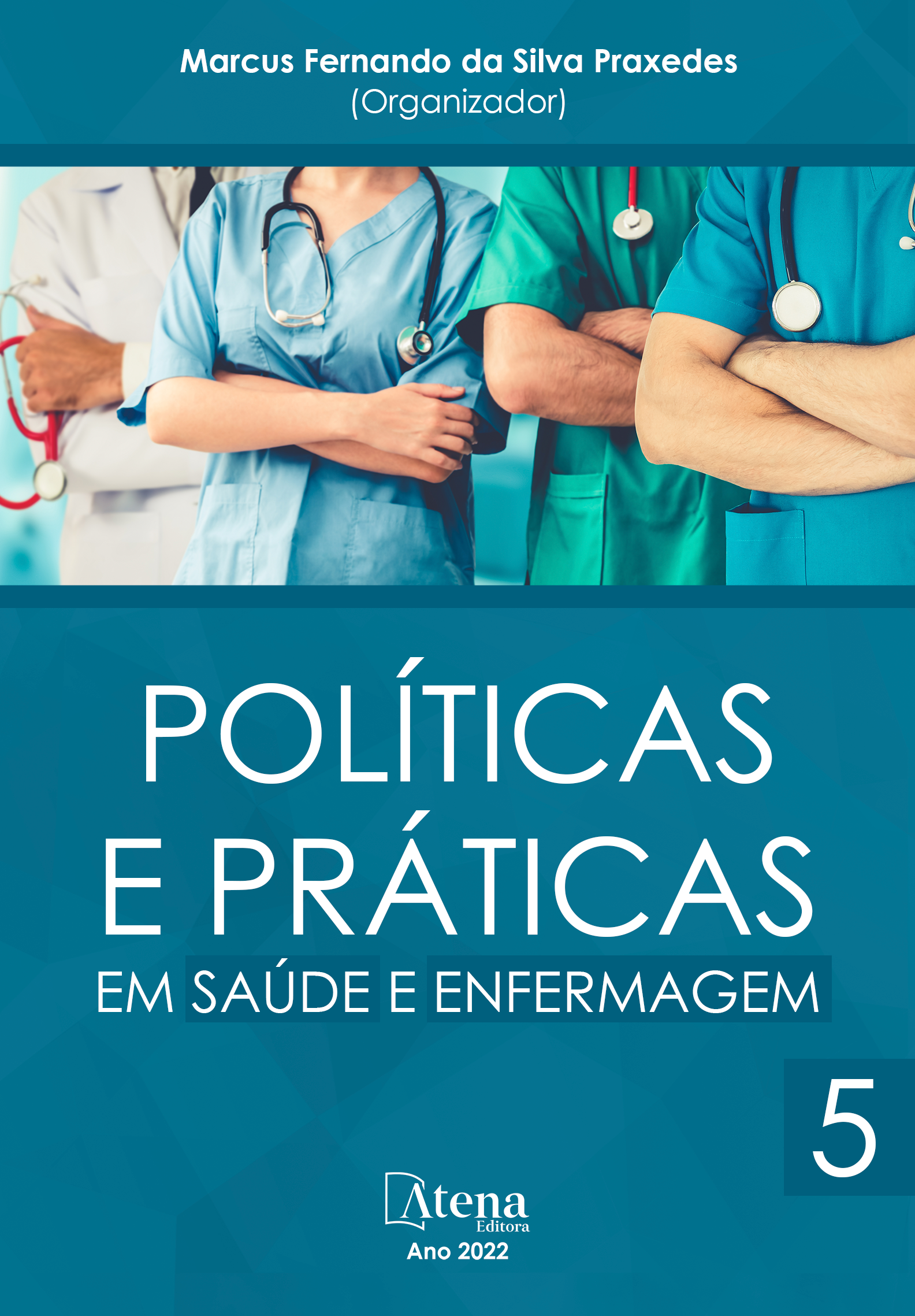
INSTRUMENTOS PARA A AVALIAÇÃO DO CONHECIMENTO DO PACIENTE SOBRE A ANTICOAGULAÇÃO ORAL COM VARFARINA: REVISÃO INTEGRATIVA
A varfarina está entre os principais fármacos associados a mortes acidentais e outros eventos adversos, resultando em danos ao paciente. A avaliação do nível de conhecimento atual do paciente é o primeiro passo para planejar intervenções para melhorar a qualidade da terapia anticoagulante. Deficiências no conhecimento do paciente podem ser identificadas e minimizadas com a oferta de atividades educativas, a fim de se criar um sistema contínuo de melhoria da qualidade de monitoramento da anticoagulação oral e segurança do paciente. Dessa forma, o uso de instrumentos, validados para analisar o conhecimento dos pacientes, aumenta a efetividade e segurança do tratamento com varfarina e pode trazer impacto positivo na qualidade da assistência de um número crescente de pacientes. O objetivo desse estudo foi analisar, na produção científica da saúde no meio nacional e internacional, quais são os questionários psicometricamente validados existentes para avaliar o conhecimento do paciente sobre a anticoagulação oral com varfarina. Foi realizada uma revisão integrativa da literatura, com a pergunta norteadora: “quais são os questionários psicometricamente validados existentes para avaliar o conhecimento do paciente sobre a anticoagulação oral com varfarina ?”. foram consultadas as bases de dados eletrônicas MEDLINE, EMBASE, CENTRAL, SCOPUS, LILACS e SciELO envolvendo o período compreendido entre os anos de 1994 e 2020, utilizando-se os descritores “warfarin”, “knowledge”, e “questionnaires”, Foram identificados 65 questionários utilizados para avaliar o conhecimento do paciente sobre a anticoagulação oral com varfarina. Entretanto, 39 (60%) não são questionários validados. Houve destaque para o Oral Anticoagulation Knowledge (OAK) Test, presente em nove publicações. A presente pesquisa possibilitará a disseminação do conhecimento da existência de tais instrumentos, bem como o incentivo para a utilização dos mesmos.
INSTRUMENTOS PARA A AVALIAÇÃO DO CONHECIMENTO DO PACIENTE SOBRE A ANTICOAGULAÇÃO ORAL COM VARFARINA: REVISÃO INTEGRATIVA
-
DOI: 10.22533/at.ed.78022310123
-
Palavras-chave: anticoagulantes; conhecimento do paciente sobre a medicação; estudos de validação; questionários e varfarina
-
Keywords: anticoagulants; patient knowledge of medication; validation studies; questionnaires and warfarin
-
Abstract:
Warfarin is among the leading drugs associated with accidental deaths and other adverse events, resulting in patient harm. Assessing the patient's current level of knowledge is the first step in planning interventions to improve the quality of anticoagulant therapy. Deficiencies in patient knowledge can be identified and minimized by providing educational activities to create a continuous quality improvement system of oral anticoagulation monitoring and patient safety. Thus, the use of validated instruments to analyze patient knowledge increases the effectiveness and safety of warfarin treatment and may have a positive impact on the quality of care for a growing number of patients. The objective of this study was to analyze, in the national and international health scientific production, which psychometrically validated questionnaires exist to assess patient knowledge on oral anticoagulation with warfarin. An integrative literature review was carried out, with the guiding question: "which are the existing psychometrically validated questionnaires to assess patient knowledge on oral anticoagulation with warfarin? The electronic databases MEDLINE, EMBASE, CENTRAL, SCOPUS, LILACS and SciELO were consulted involving the period between the years 1994 and 2020, using the descriptors "warfarin", "knowledge", and "questionnaires". 65 questionnaires used to assess patient knowledge on oral anticoagulation with warfarin were identified. However, 39 (60%) are not validated questionnaires. The Oral Anticoagulation Knowledge (OAK) Test, present in nine publications, was highlighted. The present research will enable the dissemination of knowledge of the existence of such instruments, as well as the incentive to use them.
-
Número de páginas: 14
- Marcus Fernando da Silva Praxedes


